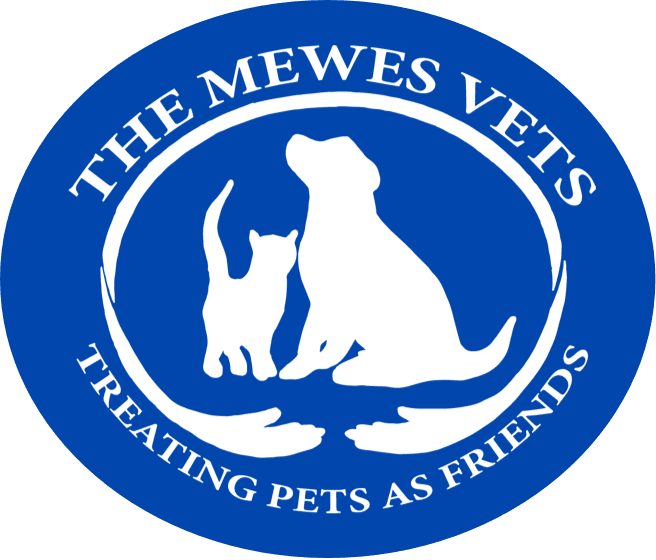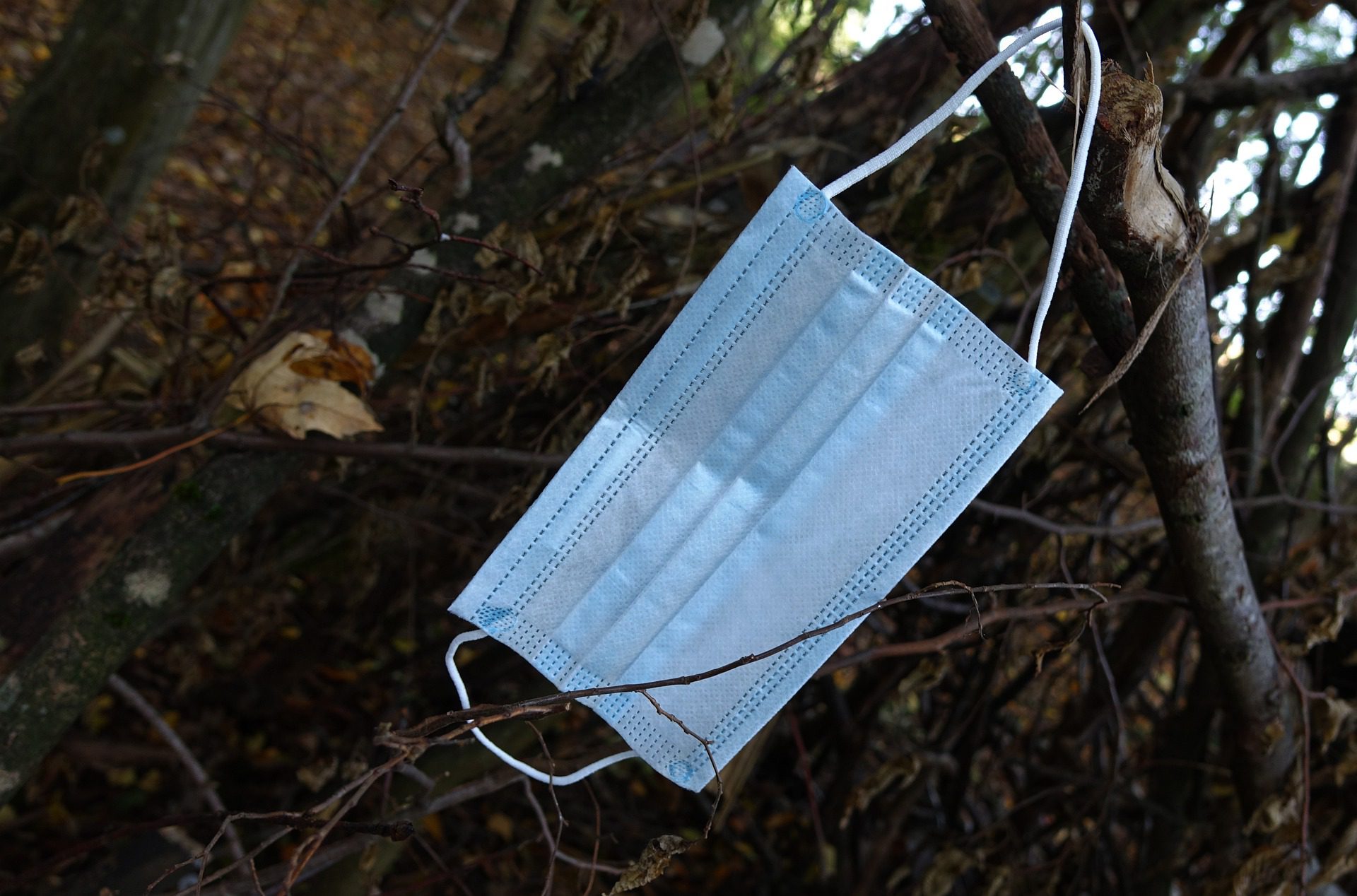Who would have thought twelve months ago that facemasks and restrictions would have become so much a part of our lives?
There have been some benefits in my role. I would say that I am seeing far less road traffic collisions involving cats, for instance, thanks to the reduced amount of traffic.
It is a tremendous relief not to have to respond so often to the cry of “RTA!”. I have seen far less fractured pelvises and other classic road traffic accident injuries, touch wood, in these last twelve months.
But new problems have arisen too.
I regularly receive professional updates and magazines. In one of these, there is a warning about facemasks posing a risk to both pets and wildlife.
Apparently, some vets in the UK are reporting instances of strangulation or ingestion of this PPE, which, of course, had never been seen before.
It is not unusual, on my regular walk to see discarded facemasks. Dropped and forgotten, these pose a real hazard to animals. It’s the loops that can create issues. If these get around a hedgehog’s leg, or a swan’s neck, or tangled in a fox’s teeth, death follows, but slowly and tortuously.
And for pet dogs, the scent of their loved one must be strong on a discarded facemask, left lying around the home. It seems that the temptation to toy with it, and even simply to snaffle and swallow it is just too strong to resist. The mask can then create an obstruction of the bowel, potentially requiring a surgical or endoscopic intervention to save their lives.
And for wildlife swallowing a facemask, generally no veterinary intervention is available.
May I send out a plea, on behalf of all animals who have no other voice?
Please do not discard any facemasks irresponsibly. And when it is time to bin one, please first snip the loops, as you would on the plastic recycling from a four-pack. This protects all creatures who might at a later time come across your waste either in landfill or in our precious oceans.





